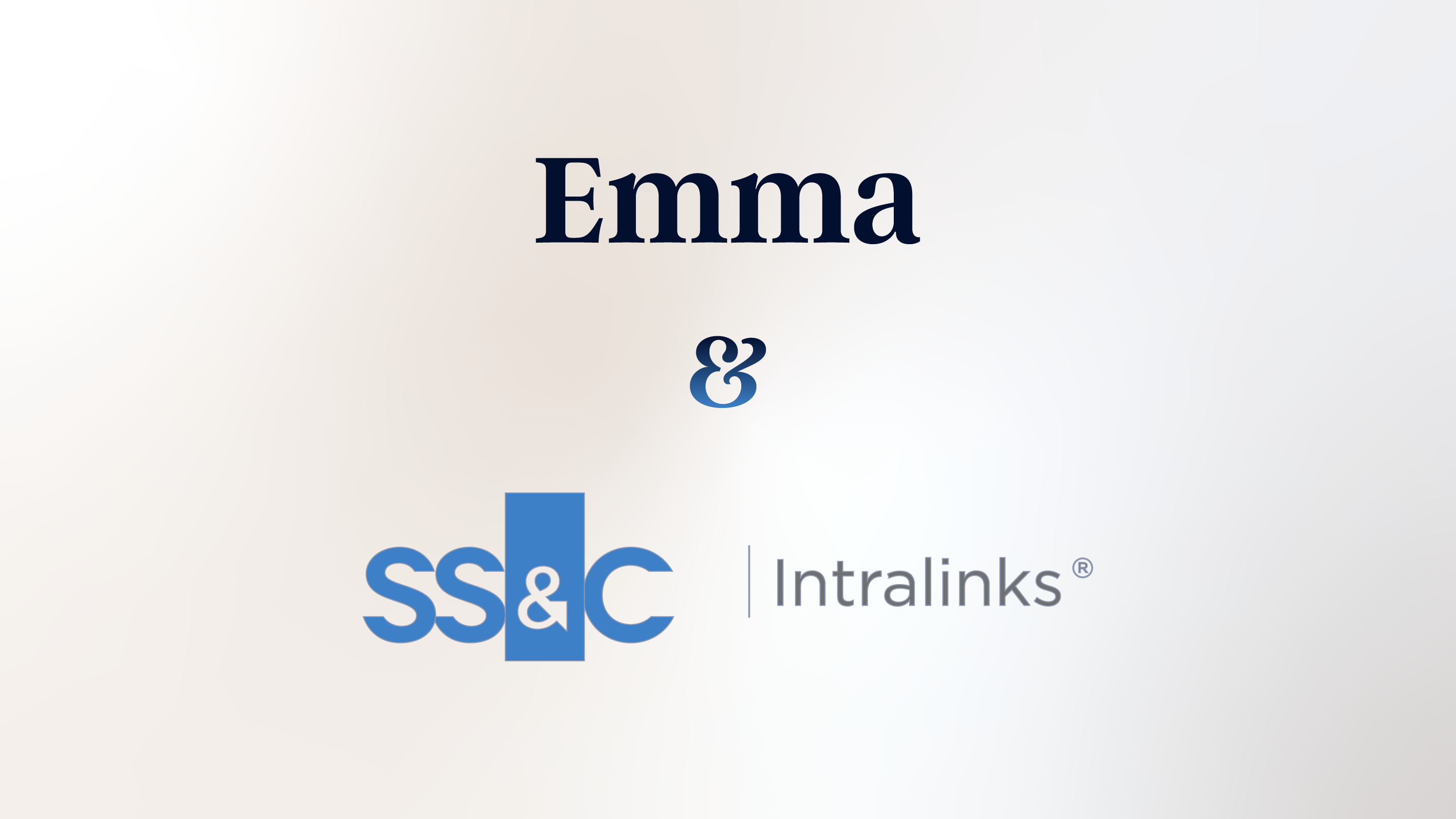How Harvey's market shift validates Emma Legal's AI approach
Discover how Harvey’s AI strategy pivot validates Emma Legal’s flexible, multi-model approach to legal due diligence. Learn why this shift is transforming M&A legal tech, making advanced AI accessible to law firms, in-house counsel, and corporate legal teams across Europe, the UK, and the US.

Harvey just validated Emma’s AI strategy. While others built expensive custom models, Emma bet on flexibility and it’s paying off. Here’s why.
In tech, validation usually comes from customers, industry awards, or analyst reports. But every now and then, a company in the space unwittingly hands you an endorsement. Harvey, OpenAI-backed and arguably the face of horizontal legal tech, just did that.
When Harvey launched, they bet big on fine-tuning GPT-3.5 with massive amounts of legal data, relying heavily on sheer compute power to build custom models for top-tier law firms. This approach, while effective, was limited: It locked advanced AI legal capabilities behind substantial enterprise pricing.
Harvey’s latest benchmarking exercise revealed something Emma anticipated from the start:
Mainstream foundation models now match or surpass highly customized legal models, especially on specific tasks. This is reducing the need for extensive, costly customization.
Industry paradigm shift
Powerful foundational AI, from providers like OpenAI, Anthropic, and Google, now delivers the accuracy, depth, and nuance once reserved for expensive, custom-built solutions.
Our CEO, Rick van Esch, describes this shift as the "iPhone moment" of legal due diligence (LDD).
"Foundation models are now performing exceptionally well on legal tasks, making clause-by-clause training obsolete," says van Esch. "Instead of fine-tuning one model, we can now just select the best model, add a system prompt for the right task and work our way through the workflow and then these models work together in an agentic way.”
The implications for legal technology are profound. Instead of AI being an exclusive club for law firms willing to pay millions, it’s now accessible and cost-effective for mid-sized firms, smaller legal teams, and in-house counsel who historically couldn’t justify enterprise-scale AI investment.
It also means you can create specialized AI platforms like Emma, which target a particular use case like legal due diligence and align the business model closely to that workflow. For instance, Emma charges per deal rather than per user, perfectly matching the project-based nature of M&A transactions. This model is feasible precisely because the initial AI fine-tuning no longer demands significant upfront investment.
Put simply: the playing field for AI LegalTech is finally leveling out.
Why Emma’s AI strategy got it right from the start
Emma took a fundamentally different approach from horizontal AI legal providers from day one. While companies like Harvey invested heavily in training a single powerful model, akin to building a massive supercomputer, Emma focused from the start on creating a more flexible and adaptable system.
Think of the traditional approach used by horizontal AI legal providers as crafting a highly specialized tool from scratch for each customer: Complex, costly, and inflexible. Emma’s agentic approach, powered by advanced system prompting, functions like assembling an all-star team of experts, with each model precisely matched to a specific legal task.
Rather than relying on one expensive, custom-built AI, Emma instantly pairs the most appropriate foundational models to each task. In M&A, this means precisely categorizing documents for information request lists, colour-coding legal risks during due diligence, or quickly surfacing insights from thousands of agreements.
Harvey’s recent pivot towards this same flexible, multi-model approach now serves as powerful validation of Emma’s vision. While others invested heavily in rigid AI model customization, Emma’s agile workflows have delivered consistent, premium-quality insights at a lower cost from the very beginning.
“This is absolutely a great validation for us. When we initially pitched to investors for funding Emma, we were challenged a lot on whether horizontal AI legal providers had created a moat through AI fine-tuning based on legal data, and whether this would be a very difficult nut to crack without significant financial resources,” explains Pieter Buteneers, PhD in AI, CTO and Co-founder. “I explained to our potential investors that when I was benchmarking [a year ago] with GPT-4o, I saw only very subtle differences, not impactful enough to justify the enormous cost of fine-tuning. Since then, all foundation models have become much, much better. What seemed to be a calculated bet 12 months ago absolutely holds true today.”
Tangible benefits for legal teams
Emma’s foresight translates into clear advantages:
- Continuous access to cutting-edge AI: By leveraging multiple foundational models, Emma ensures clients always benefit from the latest advancements without costly re-implementation.
- Competitive pricing: Without expensive, custom-built models, Emma provides market-leading AI tools for due diligence at a fraction of the cost of legacy AI systems.
- Focus on solving Legal Due Diligence: By adopting foundational models instead of reinventing them, Emma can spend all its time focusing on solving real business pains for M&A lawyers such as legal due diligence workflows.
The takeaway for the market
Harvey’s pivot underscores a broader shift in legal AI. The era of expensive, custom-built legal AI models through fine tuning is giving way to smarter, more agile, multi-model strategies.
Firms that invested in rigid, custom models face costly re-alignments; firms partnering with platforms like Emma continue to benefit from innovation without disruption.
At Emma, we’re proud that our initial calculated bet is now becoming the mainstream, but we’re even more excited to bring increasingly powerful AI capabilities to more legal M&A teams than ever before.
Get in touch to explore Emma's powerful AI.
Other related blog posts

SS&C Intralinks connects to Emma
SS&C Intralinks connects directly with Emma Legal, giving deal teams a faster and more secure way to run legal due diligence. Link your data room, pull in documents, and get to work, no more document handeling or uploads and downloads.
Read

MIT's '95% of AI Fails' statistic makes one thing clear: LegalTech Must Go Workflow-Specific like Emma
AI fails 95% of the time, unless it’s built for real workflows. This article explains why generic tools stall in LegalTech and how workflow-specific platforms like Emma transform Legal Due Diligence with measurable ROI.
Read

Emma Legal and Virtual Vaults Announce Integration to Enable Fully Synchronized Legal Due Diligence
Virtual Vaults integrates with Emma Legal, enabling automatic real-time synchronization of M&A virtual data room documents into an AI-powered legal due diligence platform.
Read